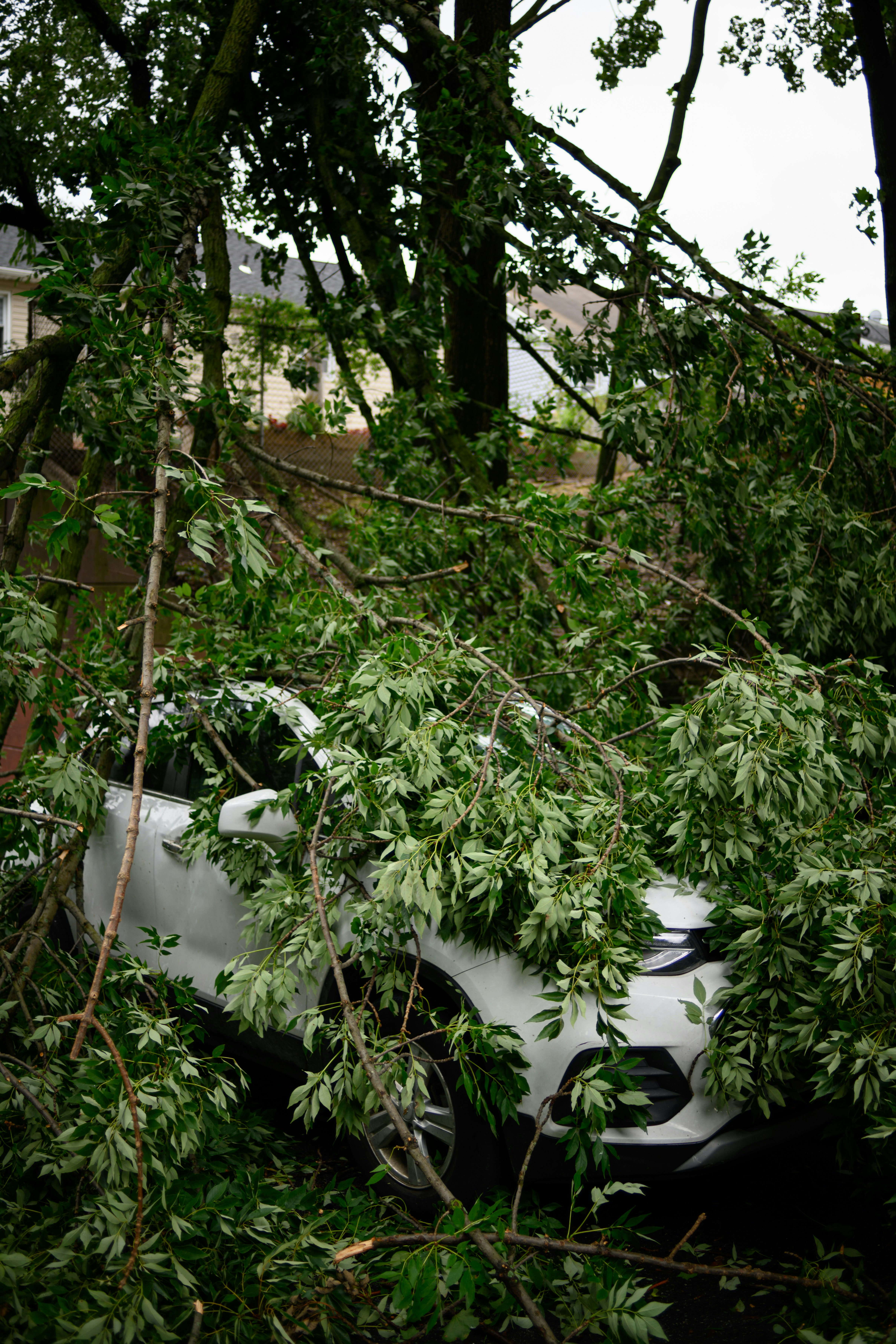The Importance of Resilience Training for First Responders
Hurricane seasons bring an increased risk of natural disasters, particularly in hurricane-prone areas. First responders—firefighters, emergency medical personnel, and law enforcement officers—play a critical role during these emergencies. Effective resilience training for these professionals is essential for ensuring community safety and quick recovery.
Why Resilience Training Matters
Resilience training equips first responders with the necessary skills to manage stress, adapt to changing conditions, and maintain operational effectiveness under pressure. During hurricanes, first responders face challenging environments, including flooding, high winds, and power outages. Without adequate training, these conditions can severely hinder their ability to perform their duties.
Mental and Physical Preparedness
First responders must be mentally and physically prepared to handle the rigors of disaster response. Resilience training focuses on building mental toughness, stress management techniques, and physical conditioning. This training ensures they can handle prolonged periods of activity without compromising their performance or well-being.
Operational Readiness
In hurricane-prone areas, the need for rapid and effective response is paramount. Resilience training includes scenario-based exercises that simulate real-world conditions. These exercises help first responders develop the necessary skills for coordination, decision-making, and quick reaction. Visit our courses section for more information on operational readiness training.
Community Trust and Confidence
When first responders are well-prepared and resilient, it instills confidence in the community. People trust that their safety and well-being are in capable hands. This trust is vital for maintaining public order and ensuring cooperation during evacuations and relief efforts. Building community trust is a cornerstone of effective disaster management.
Improved Coordination and Communication
During a hurricane, clear and effective communication is crucial for coordinating rescue efforts, resource allocation, and community support. Resilience training emphasizes the importance of communication skills, including the use of modern technology and traditional methods like radio communication. Learn more about emergency communication strategies on our website.
Case Studies: Successful Resilience Training Programs
Numerous case studies highlight the benefits of resilience training. For instance, in Florida, a comprehensive training program for first responders improved their response time and efficiency during Hurricane Irma. The program included mental resilience workshops, physical conditioning drills, and scenario-based exercises that mirrored the challenges posed by the hurricane.
How Nonprofits Can Support
Nonprofit organizations like HelpNow play a pivotal role in providing resilience training for first responders. By offering specialized training programs and resources, nonprofits ensure that communities are better prepared for hurricane seasons. Visit our about page to learn more about how we support first responders.
Government Initiatives and Support
The federal and state governments also play a crucial role in supporting resilience training. Programs like FEMA’s Emergency Management Institute offer a range of courses designed to enhance the skills of first responders. For more information, visit the FEMA Training page.
Future Directions
As hurricanes become more frequent and intense, the need for advanced resilience training will only grow. Future training programs may incorporate cutting-edge technologies like virtual reality simulations and AI-driven training modules to provide more immersive and effective learning experiences.
Take Action Now
If you are a first responder or part of a community organization, consider enrolling in a resilience training program. Visit our join now page to get started. By investing in resilience training, you’re not just preparing for the next hurricane—you’re building a safer, more resilient community.
For more detailed information, and to stay updated on our latest training programs and events, subscribe to our newsletter. Your proactive steps today can make a significant difference in the safety and resilience of your community tomorrow.

